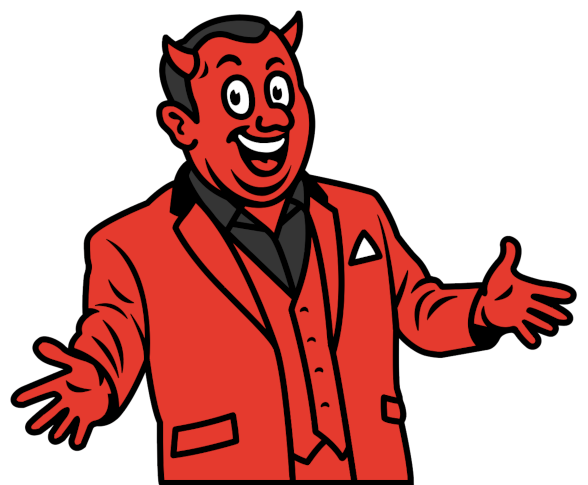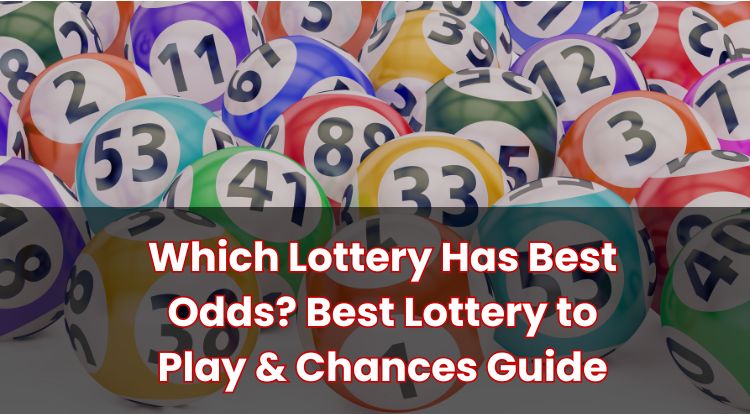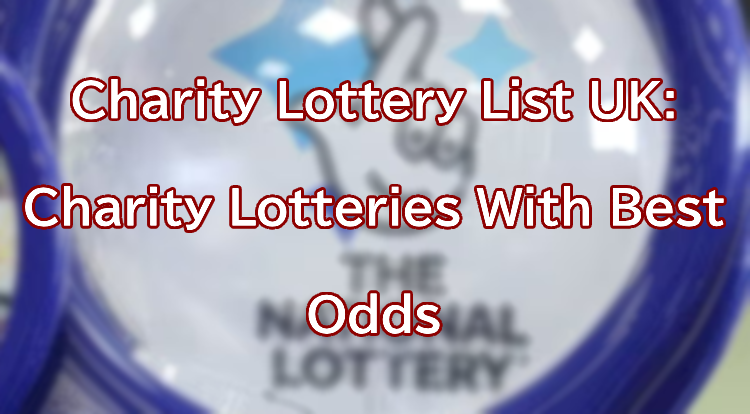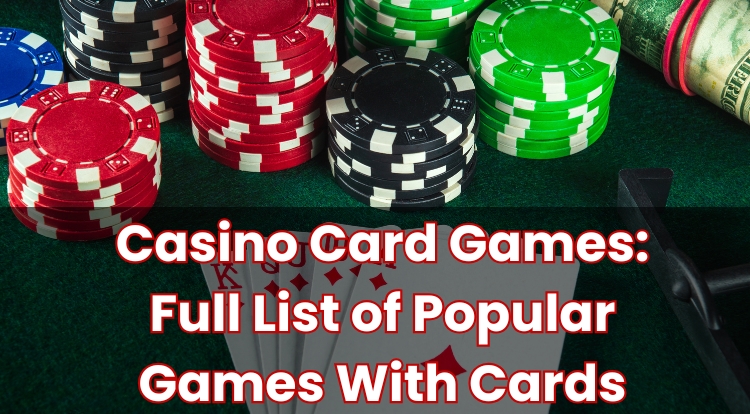What Are The Odds of Winning The Health Lottery?
Have you ever thought about playing The Health Lottery but wondered about your chances of actually winning?
Understanding the odds can help you make informed choices and set realistic expectations.
In this post, we’re going to discuss how it all works and what those odds mean for you. Let’s cut through the confusion and get a clearer picture of what you’re up against.
What Is The Health Lottery?
The Health Lottery is a UK-based lottery game that not only offers a chance to win money but also supports health-related causes. It’s organised by The Health Lottery Ltd and has been running since 2011.
Each week, the lottery undergoes five drawings, with each draw supporting different regional health programmes. This makes The Health Lottery unique, as it focuses on promoting better health across the UK.
Players pick five numbers from 1 to 50, and there is an additional bonus ball that can potentially increase your winnings. You can choose your own numbers or let a computer randomly select them for you, often called a “quick pick”.
Tickets for the game cost just £1 each, making it affordable for most people. Moreover, you don’t need to wait long, as draws happen on Tuesdays, Wednesdays, Thursdays, Fridays, and Saturdays.
Each ticket offers a chance to win various prizes, ranging from small amounts to the weekly top prize. Yet, the standout feature is its commitment to good causes, as over 20% of revenue goes to support health-related projects across the country.
Health Lottery Odds Explained
Understanding the odds in The Health Lottery is key to knowing your chances of winning. The game involves picking five numbers from 1 to 50. There’s also a bonus ball drawn from the remaining 45 numbers, which can boost your prize.
To win the top prize, you need to match all five main numbers. The odds of achieving this are 1 in 2,118,760. While this sounds like a long shot, it’s important to remember that it’s still a reasonable chance compared to some other lotteries.
If you match four main numbers plus the bonus ball, the odds improve to about 1 in 88,000. This combination still offers a significant potential win, although smaller than the jackpot.
Matching just four main numbers without the bonus ball gives you odds of 1 in 9,631, still offering a potentially rewarding payout.
Even if you only match three main numbers, or two main numbers and the bonus ball, you can win a prize, with better odds of 1 in 214 and 1 in 1,071 respectively.
These odds show that while the top prize is challenging to win, there are various other ways to potentially come away with a prize. Keep these figures in mind to set realistic expectations and enjoy the game responsibly.
Health Lottery Odds vs National Lottery
When comparing The Health Lottery to the National Lottery, a key difference is the odds of winning. It’s important to understand this so you can choose the game that feels right for you.
The odds of winning the top prize in The Health Lottery are 1 in 2,118,760. Although challenging, these odds are more favourable compared to the National Lottery.
The National Lottery, or Lotto, has players picking six numbers from 1 to 59. To win the jackpot, you need to match all six, with odds sitting at about 1 in 45 million, which are significantly higher than those of The Health Lottery.
For smaller prizes, The Health Lottery offers better odds as well, making it appealing for those who enjoy potentially regular wins. However, the prizes in the National Lottery tend to be larger due to its structure and number of players.
Choosing between The Health Lottery and the National Lottery involves weighing the chances of winning against the size of the prizes. Each has its own appeal, so think about what you enjoy more—a better chance of winning or the fun of chasing a bigger jackpot.
Health Lottery Prize Breakdown
Understanding the prize breakdown in The Health Lottery can help you know what to expect if your numbers come up. There are various ways to win, each offering different prize levels.
At the top of the list is the jackpot, which you win by matching all five main numbers. This offers the biggest prize, often in the tens of thousands of pounds, depending on ticket sales and other factors.
Next, if you match four numbers plus the bonus ball, you’ll receive a substantial prize. It’s a difficult feat, but it offers a great reward for those who achieve it.
Matching four main numbers without the bonus ball still brings in a nice prize, usually in the hundreds of pounds, making it a popular win for many players.
Further down, matching three main numbers, or even two numbers plus the bonus ball, offers smaller, but still pleasant rewards. These prizes range from a few pounds to more, giving players a chance to win something even with fewer matches.
Is The Health Lottery Worth Playing?
Deciding if The Health Lottery is worth playing depends on what you’re looking for in a lottery game. There are a few factors to consider that might help you decide.
Firstly, the cost of entry is affordable at just £1 per ticket. This makes it accessible if you’re looking for a low-cost way to participate in a lottery with multiple chances to win each week.
Additionally, while the prizes may not be as large as some national lotteries, The Health Lottery offers better odds for smaller prizes. This might appeal to players who prefer a higher chance of winning something, even if it’s not the jackpot.
A unique feature of The Health Lottery is its support for health causes across the UK. Over 20% of the money spent on tickets goes to health-related projects, which can be a compelling reason to play if you like the idea of contributing to a good cause.
Ultimately, whether it’s worth playing is a personal choice. Consider what you hope to achieve—be it a potential cash prize or simply the fun of playing while supporting community health initiatives.
**The information provided in this blog is intended for educational purposes and should not be construed as betting advice or a guarantee of success. Always gamble responsibly.





